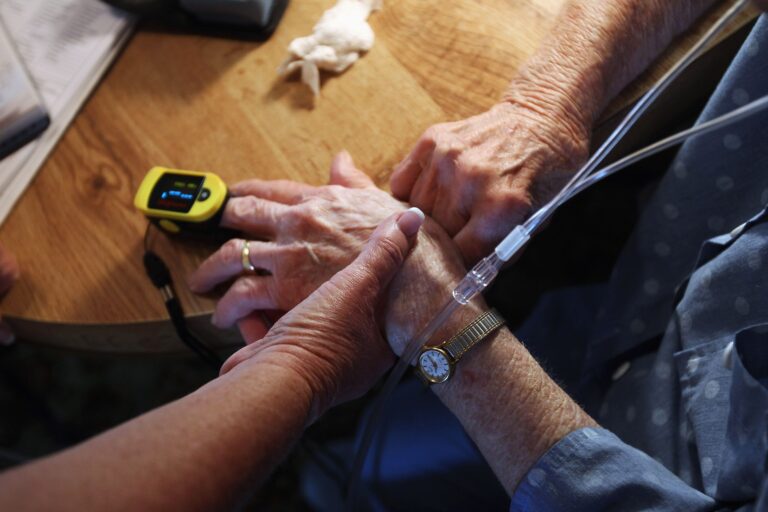No Rhode Islander should have to choose between paying rent and seeing the doctor. But without action, tens of thousands of our neighbors could soon face that impossible choice. We can protect these Rhode Islanders by passing the Individual Market Affordability Act (2025-H 5996/2025-S0707), keeping insurance coverage in place for many who will otherwise lose it.
Rhode Island has made tremendous progress in expanding access to health coverage. Today more than 97 percent of our residents have insurance — one of the highest rates in the country. That progress reflects a longstanding commitment by lawmakers to ensuring all Rhode Islanders can access health care when they need it.
In every legislative session, we work to make coverage affordable and available to all Rhode Islanders, whether they get health insurance through work, Medicaid, or the state-based marketplace, HealthSource RI. But action in Washington threatens to undermine everything we’ve achieved.
Proposed cuts in Congress’ reconciliation bill put coverage for millions of Americans and tens of thousands of Rhode Islanders at risk. While changes to that proposal are expected, we know one program that will almost certainly be eliminated: enhanced premium tax credits under the Affordable Care Act — critical financial assistance that helps low- and middle-income families afford private insurance — will expire at the end of 2025.
These tax credits go to 40,000 working class Rhode Islanders who earn just a little bit too much to qualify for Medicaid, do not get health insurance through work, and do not earn nearly enough to afford good health insurance in the marketplace. When the enhanced tax credits expire, these former recipients will see their premiums jump by an average of 85 percent — but some will face even bigger rate hikes.
For example, a 45-year-old working 30 hours a week making minimum wage would see her monthly premium increase by 387 percent. A couple, both age 64, making $85,000 combined would see their monthly premium jump from $602 to $1,992 — meaning they would be paying 28 percent of their income just to enroll in coverage.
When health insurance becomes this expensive, people drop it. They skip preventive care, delay treatment, and risk financial ruin from unexpected medical bills. The Congressional Budget Office predicts that nearly one in three people who purchase their insurance in the marketplace will lose coverage by 2030 because of this cut. Rhode Island cannot afford to let that happen.
That’s why we’ve introduced the Individual Market Affordability Act. This legislation creates a state-based affordability program to close the $40 million gap left by the expiration of the enhanced tax credit program. And it does so responsibly — by modestly expanding (by less than 1 percent) an existing assessment across all health insurers, without relying on state general revenue.
We know this won’t solve every challenge in our health care system. But at a time when dysfunction in Washington threatens to undermine hard-won progress, Rhode Island has an opportunity to protect tens of thousands of our residents from dramatic increases in their health insurance costs.
These are our neighbors, our co-workers, our family members. They deserve to know that their state has their back.
We urge our colleagues in the General Assembly — and Rhode Islanders across the state — to support the Individual Market Affordability Act. And we thank the Protect our Healthcare Coalition for working with us on this legislation.
Because when everyone has access to health care, we’re all stronger for it.
State Representative June S. Speakman represents District 68 in Warren and Bristol. Senator Pamela J. Lauria represents District 32 in Barrington, Bristol, and East Providence. They are the sponsors of the Individual Market Affordability Act.




Comment count: